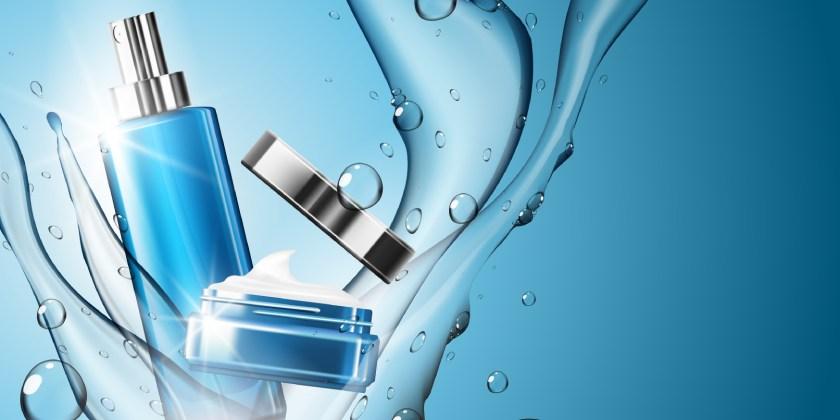These are the creams that dermatologists recommend
A question frequently asked by dermatologists is which creams should be used and what should be the daily cosmetic protocol. The media bombards us with multiple steps and protocols to take care of our skin. In this sense, I find it interesting to follow the rule of the three “R”:
guard in the morning
We must protect or protect our skin mainly from free radicals and ultraviolet radiation. Therefore we recommend:

repair at night
From the age of 35, we should try to repair our skin by using products that have been shown to induce collagen formation. Therefore, we like to recommend:
Resign
We should not pay attention to the advertising claims of creams that promise to improve flaccidity, eliminate a wrinkle or improve cellulite or a stretch mark. Also, you should know that a moisturizer has no effect on collagen production; therefore you should not spend much on a moisturizer. We must be clear about what a good cosmetic protocol can achieve: make our skin look fresher and more luminous. I remember an American dermatologist who was once asked about the cosmetics she used, and she replied: "I use the best: Botox, fillers and thread lifts." By this she meant that if you want to achieve more noticeable results you must rely on minimally invasive facial rejuvenation techniques, and that we must be realistic about what a cosmetic protocol can achieve.
What I have told you is a basic routine. But depending on the type of skin of the patients, dermatologists personally recommend other molecules that can improve its quality, such as vitamin B3 (nicotinamide) for devitalized skin, salicylic acid for acne-prone skin, kojic acid for blemishes, hyaluronic acid for dry skin, azelaic acid for skin with rosacea, etc.
Note that I am talking about molecules such as retinol, glycolic, vitamin C, etc., which are not natural substances, but synthetic. These components have been shown to be safe and have a beneficial effect on the skin. For this reason, we consider that natural cosmetics are a bit overrated since, in general, they lack powerful safety and efficacy studies. Despite this, it is clear that it is a current trend that has more and more followers.
In short, we defend the "less is more" in cosmetics. Skin care must be simplified, using products that have proven their effectiveness and safety. It is also interesting to consider the face, neck and décolletage as a single unit, and treat it in the same way with these cosmetic protocols. If you want a good personalized cosmetic protocol, go to your dermatologist. And don't forget what the Countess De Blessington said: “the best cosmetic for beauty is happiness”, and a smile is the best way to convey it.









1612